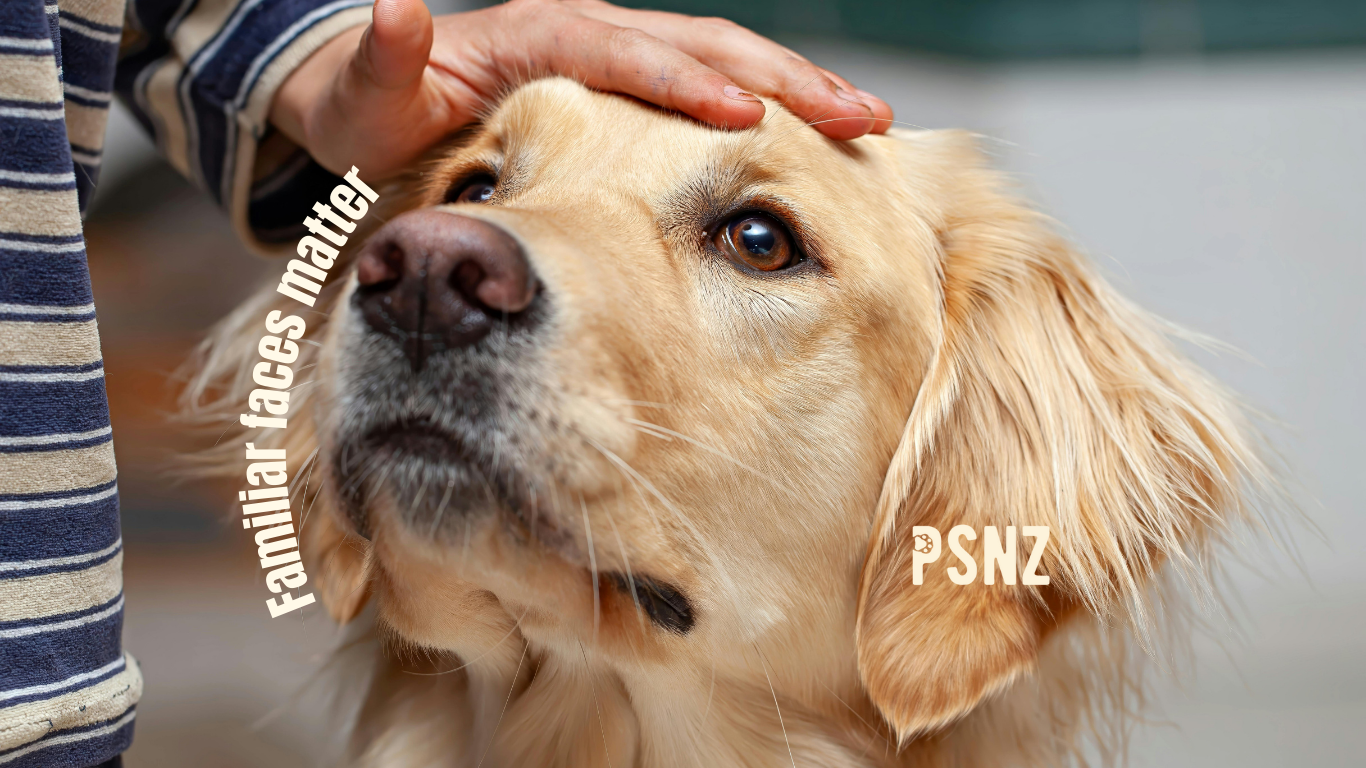Have you ever wondered what it’s like to be a dog trainer? For those interested in taking up a career as a dog trainer or wondering what it might entail, have a read of the below.

What is it like to be a dog trainer?
So, what is the Life of a Dog Trainer like?
Each day is different as each dog and their owner is different.
You spend time prepping before a consult, time with the owner during the consult, and follow up each session with notes.
You are also checking the progress of clients you're currently working with, or those who maybe on longer management plans.
You need to be organised, professional, knowledgeable, up to date with the latest studies and techniques, quick thinking, adaptable and know how to work with humans as well as their dogs. Yes, it is an extremely satisfying job, but it's not as easy at it may look.
What are some common training requirements we get asked to help with?
Just like people, all dogs are different. Simplistically put, dogs work on what is valuable to them and what makes them feel better in any situation.
This means that if we're helping one owner with a dog that constantly barks our approach to training may be different to another owner with a dog that is also barking.
Therefore the behaviours that we help dogs and owners with vary considerably; our most common training requests are based around:
- dogs struggling to be around other dogs or people; dealing with their feelings by reacting.
- puppy training and socialisation.
- dogs struggling to listen to cues and focus on their owners outside the home environment.
- newly adopted or rehomed dogs; how to integrate successfully into their new home.
- owners about to introduce a baby into the household; how to successfully help their dog change to the new household routine.
- hyperaroused dogs that can't settle or calm easily and are constantly on-the-go and alert.

Why do owners find training difficult?
Dog training isn't a one-and-done situation, so beware of trainers offering to 'fix' your dog in a two hour session.
Just like humans, dogs have to learn a new behaviour/ change a behaviour and they also have to reinforce that new behaviour so that it becomes their default.
This means that owners need to spend time daily, either training something new or reinforcing known cues &/or behaviours.
Think about it - when you learned the times-table it was taught over several years and via rote-learning.
Now that you're older, if you're asked a simple multiplication sum, you'll find some of the answers come quickly (2x or 5x table), but you have to stop and think and repeat to yourself the 7x table to get the answer.
This means owners need to fit training into their daily routine with their dog.
It might be practicing new cues; reinforcing emergency cues; being consistent with training across the entire household; introducing your pup to new experiences; and much, much more.
Owners often find the on-going training difficult and time consuming and their dog can slip back into unwanted behaviours.
Training with the owner
We choose to train with the owner so that learning can be hands-on with the person who spends most of the time with their dog.
We find this approach very successful as we can train, the owner can practice and we can give real-time feedback.
Each of our sessions is followed up with comprehensive notes and homework for the owner as well as checking in between sessions to see how progress is going.
Qualifications
K9 FUNdamentals is a dog training business based on the North Shore of Auckland.
We use force free/ positive reinforcement methodolgies for our training and offer 1:1 sessions, group classes, virtual consultations and specialise in canine fitness and wellbeing. Our whānau of rescue pets consist of Flynn, Luka & Bailee our dogs, and Maisie & Steve our cats.
K9 FUNdamentals pride ourselves in being force free which means we don't use any aversion training methods.
You wont see us lead-checking, or using a shock &/or bark collar, or using outdated words such as dominance, alpha or pack leader.
Our methods are backed up by science which means we need to constantly keep abreast of the latest studies and scientific papers from around the world.
We have certifications such as dog behaviour & training, puppy training, canine first aid, and much more

Thinking About Becoming a Dog Trainer?
Like any profession involving animals (and their humans), it’s a career that takes dedication, patience, and a real love for lifelong learning.
If you’re curious about what it takes, we hope this peek into the day-to-day of dog training with K9 FUNdamentals has helped.
If you’re keen to follow their work or learn more, be sure to check them out online — they’re doing incredible mahi with dogs across Auckland and beyond.
Contact: info@k9fundamentals.co.nz
Website: www.k9fundamentals.co.nz
Facebook: https://www.facebook.com/K9FundamentalsLimited
K9 FUNdamentals Private Training Area: https://www.youtube.com/watch?v=1cRxQW-Oq1o
🐾Disclaimer:
At Pet Sitting NZ, we collaborate with passionate pet professionals and animal welfare advocates to share educational and informative content. While we proudly support many organisations and initiatives, the views and practices shared in this content do not necessarily reflect the official stance or policies of Pet Sitting NZ. This content is provided for informational purposes only and is intended to encourage ongoing learning and community engagement around pet care and welfare.
Pet care practices, guidelines, and regulations may change over time. We encourage all pet owners and sitters to stay informed and seek professional advice when needed.




.png)

